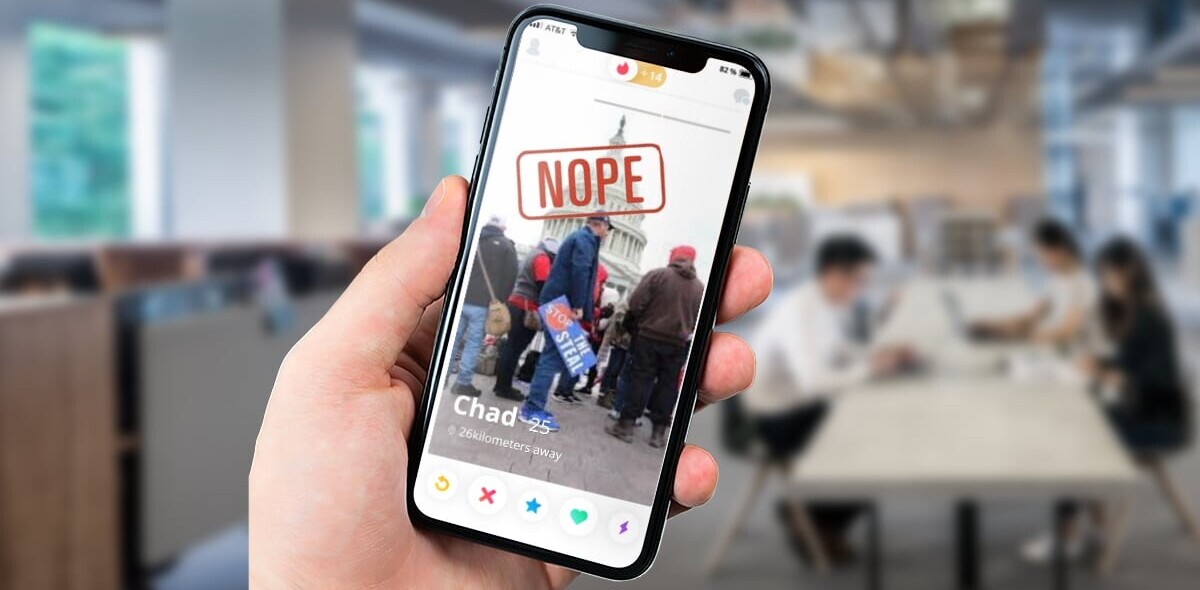
When Ashley Madison was hacked in July of 2015, the impact was devastating for many of the site’s 30 million users. For a business centered around facilitating extramarital hookups, you’d expect a certain amount of damage should user data ever become compromised.
You’d expect a certain amount of risk to accompany stepping outside your marriage. But for many adulterers, the risk somehow seemed less so when a bulk of the communication happened — or at least started — online.
But what about Tinder? It’s an app for hookups, or at least it started as one. But unlike Ashley Madison, which touted a slogan of “Life is short. Have an affair.,” Tinder is the mostly PG-13 version of hooking up online. It’s a platform to meet people, and while it’s often used for salacious reasons, it’s not positioned in the same way as the Adult Friend Finder’s or Ashley Madison’s of the world.
Journalist Judith Duportail penned a piece in The Guardian that details what a Tinder breach could look like and, spoiler alert, it’ll be a lot worse than Ashley Madison.
Under European Union data protection laws, citizens can request access to the personal data each company collects about them. Duportail used this law to gain access to the information stored by Tinder — a whopping 800 pages of data archiving everything from personal conversations, match data, and sexual preferences. Hiding in these pages was also freely shared, and not often thought about, data on everything from jobs, travel locations, interests, and what she liked to eat.
Duportail, essentially, proved the concept of a 2017 study that showed Tinder users are prone to revealing excessive amounts of information, and all without realizing it.
Luke Star, a digital technology sociologist at Dartmouth University told The Guardian:
You are lured into giving away all this information. Apps such as Tinder are taking advantage of a simple emotional phenomenon; we can’t feel data. This is why seeing everything printed strikes you. We are physical creatures. We need materiality.
If 800 pages of Tinder data on a single user hits home, imagine the dossier Facebook or Google has on you. But if there’s a bright spot in any of this, it’s that you live in 2017, where companies take data protection seriously.
According to Tinder’s privacy policy, emphasis ours:
However, no system can be completely secure. Therefore, although we take steps to secure your information, we do not promise, and you should not expect, that your personal information, chats, or other communications will always remain secure. Users should also take care with how they handle and disclose their personal information and should avoid sending personal information through insecure email.
Knowing your parents, friends, or boss could one day read a treasure trove of data including your private messages, match history, and kinks, would you use the platform differently?
Get the TNW newsletter
Get the most important tech news in your inbox each week.





